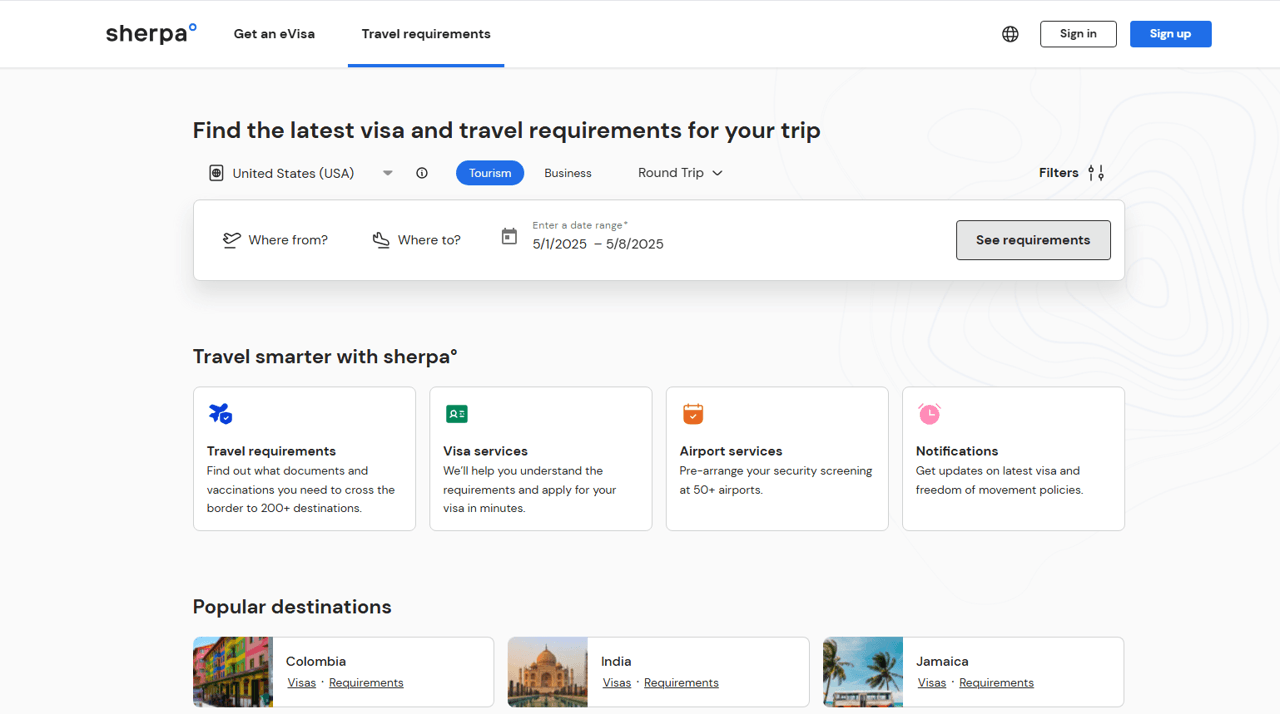Remote Work Evolution: Key Trends Reshaping the Workplace Through 2026
The workplace landscape has undergone a seismic shift since 2020, fundamentally changing how we think about where and how we work. As we look ahead to the next few years, the evolution of remote work continues to accelerate, bringing both exciting opportunities and unique challenges. Recent research from McKinsey shows that 58% of Americans have the opportunity to work from home at least one day a week. Let’s explore the key trends that are reshaping our professional lives and what they mean for organizations and employees alike.
The Rise of Work-from-Anywhere Culture
The traditional 9-to-5 office routine is rapidly becoming a relic of the past. According to recent data from Global Workplace Analytics, 25% of all professional jobs in North America will be remote by the end of 2025, with even higher percentages in technology and knowledge-based sectors. This shift isn’t just about working from home – it’s about true location independence, where professionals can choose to work from anywhere with an internet connection.
Companies like Airbnb, Twitter, and Spotify have already embraced permanent remote work options, setting a precedent that many organizations are following. This trend is reshaping everything from real estate markets to urban development, as workers increasingly choose locations based on lifestyle preferences rather than proximity to an office.
Hybrid Work Models: Finding the Sweet Spot
While fully remote work garners much attention, hybrid work models are emerging as the dominant arrangement for many organizations. These models combine the flexibility of remote work with the collaborative benefits of in-person interactions. However, the definition of “hybrid” continues to evolve.
Recent studies from MIT Sloan Management Review indicate that the most successful hybrid models are those that prioritize purpose over presence. Rather than mandating specific days in the office, forward-thinking companies are designing their hybrid policies around work activities. For example:
- Collaborative projects and brainstorming sessions might be scheduled for in-office days
- Deep focus work and individual tasks are often reserved for remote days
- Team-building and cultural events are strategically planned for maximum impact
Technology’s Role in Remote Work Evolution

The technological infrastructure supporting remote work is becoming increasingly sophisticated. Beyond basic video conferencing and chat tools, we’re seeing the emergence of:
Virtual Reality and Augmented Reality Workspaces
Meta’s Horizon Workrooms and Microsoft’s Mesh are just the beginning. These platforms are creating immersive virtual offices where remote teams can collaborate in 3D spaces. While current adoption rates are modest, analysts predict that by 2025, 30% of meetings will include some form of virtual reality component.
AI-Powered Collaboration Tools
Artificial Intelligence is revolutionizing remote work through:
- Smart scheduling assistants that coordinate across time zones
- Real-time language translation for global teams
- Automated meeting transcription and action item tracking
- Predictive analytics for team productivity and wellness
The Human Side of Remote Work
Perhaps the most significant evolution in remote work is happening at the cultural level. Organizations are recognizing that successful remote work isn’t just about technology – it’s about people.
Mental Health and Well-being
Companies are investing heavily in mental health support for remote workers. This includes:
- Digital wellness platforms and subscriptions
- Regular check-ins focused on emotional well-being
- Virtual social events and team-building activities
- Stipends for home office equipment and wellness programs
Skills for the Remote Era
The skill set required for remote work success is evolving. Beyond technical proficiency, employers are increasingly valuing:
- Digital communication and emotional intelligence
- Self-management and time optimization
- Cross-cultural collaboration abilities
- Adaptive thinking and continuous learning
Global Talent Pool and Compensation Evolution
Remote work is democratizing access to global talent. According to Buffer’s 2024 State of Remote Work report, companies are no longer restricted to hiring within commuting distance of their offices, leading to:
- More diverse and inclusive workforces
- Competition for talent on a global scale
- Evolution of compensation models to account for geographic differences
- New approaches to benefits and perks for remote workers
Environmental Impact and Sustainability
The environmental benefits of remote work are becoming increasingly clear. Studies suggest that widespread remote work adoption could reduce carbon emissions by millions of metric tons annually through:
- Reduced commuting
- Lower office energy consumption
- Decreased business travel
- Reduced paper and resource usage
Challenges and Considerations
While the future of remote work is promising, organizations must navigate several challenges:
Security and Data Protection
As work becomes more distributed, cybersecurity becomes increasingly critical. Companies are investing in:
- Zero-trust security frameworks
- Enhanced encryption protocols
- Regular security training for remote workers
- Secure hardware and software solutions
Building and Maintaining Culture
Remote organizations are developing new approaches to culture-building, including:
- Virtual onboarding programs
- Digital culture ambassadors
- Regular virtual town halls and team events
- Recognition programs designed for remote teams
The Path Forward
As we look to the future, it’s clear that remote work will continue to evolve and mature. Organizations that succeed in this new era will be those that:
- Embrace flexibility while maintaining clear structure
- Invest in both technology and human connection
- Prioritize outcomes over activity
- Build inclusive and supportive remote cultures
The most successful companies will be those that view remote work not as a temporary solution or compromise, but as an opportunity to reimagine how work gets done. They’ll create environments that support both productivity and well-being, leveraging technology while keeping human connection at the center of their approach.
Share Your Experience
How has remote work evolved in your organization? What trends do you see emerging in your industry? Share your thoughts and experiences in the comments below – your insights could help others navigate this transformative period in workplace history.
For more insights on remote work trends and best practices, explore resources from leading organizations like the Society for Human Resource Management (SHRM) and the World Economic Forum. For detailed statistics and research on remote work adoption, visit Owl Labs’ State of Remote Work.
Related Post: How to Find Remote Work Opportunities in Your Field













